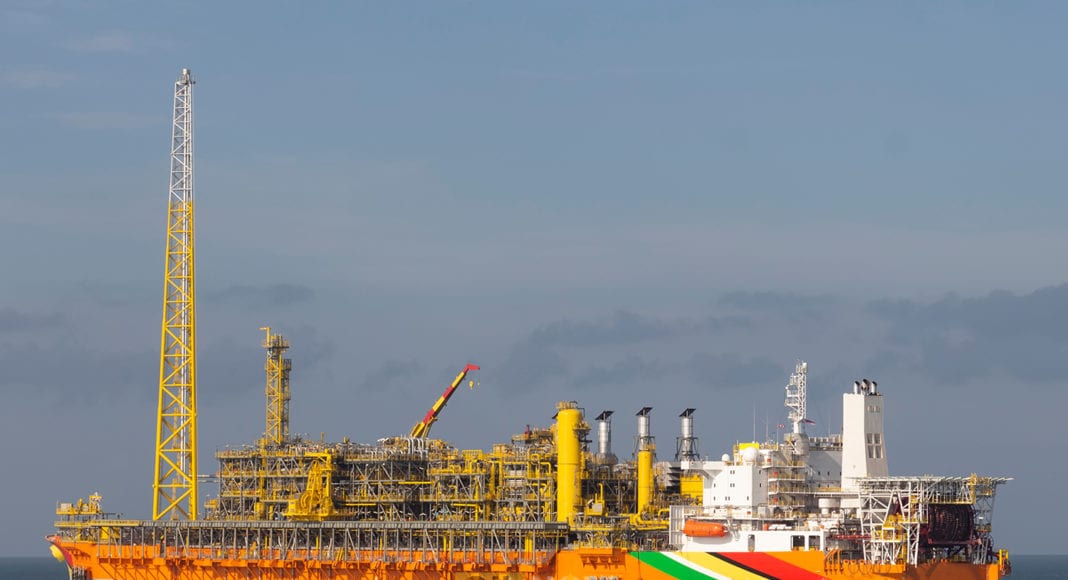Guyana’s Environmental Protection Agency (EPA) recently revealed that it had utilized a carbon pricing benchmark to determine the US$30 per tonne of carbon dioxide equivalent (CO2e) payment which ExxonMobil will make for flaring offshore at its Liza Phase 1 operations. This payment was recently introduced in the modified Environment Permit.
In a statement released on Thursday, the EPA indicated that the new fee was guided by the Polluter Pays Principle (PPP), which was prescribed by the Environmental Protection Act of 1996.
The Agency highlighted that this principle has served as a universal basis of environmental management even prior to 1996 and added that it has continuously developed in its interpretation and applicability as a result of national and international jurisprudence, customary law, as well as international environmental laws and conventions.
Consequently, the statement explained, “the EPA utilised carbon pricing benchmarking to determine this payment so that the monies acquired from the pollution events could be used for Supplemental Environmental Projects (SEPs).”
The EPA went on to say that in determining the volume of carbon dioxide equivalent (CO2e) emitted, Condition 3.10 of the modified Permit specifically prescribes multiple methodologies. These include but are not limited to procedures by the American Petroleum Institute’s (API) Compendium of Greenhouse Gas Emissions Methodologies for the Oil and Gas Industry; and Intergovernmental Panel on Climate Change (IPCC) Guidelines for National Greenhouse Gas Inventory.
On that same token, the agency said, “The EPA categorically rejects and opposes all unfounded and baseless remarks about the capabilities of its staff to utilise and apply these methodologies.”
To further fortify its reasoning, the EPA highlighted its determination of US$30 per tonne of CO2e is consistent with introductory prices for this gas. The statement noted as well that developed countries including Canada have implemented this payment.
Meanwhile, the EPA has clarified that ExxonMobil’s subsidiary, Esso Exploration and Production Guyana Limited. (EEPGL) will not recover the US$30 payment for CO2e emissions at its Liza Phase 1 development. The EPA’s clarification follows reports in the media that stated Guyana will have to bear 50% of the US$30 per tonne of CO2e payment since this will be treated as a recoverable cost under the Production Sharing Agreement (PSA).
However, the EPA confirmed on Thursday that ExxonMobil will not be recovering this payment and that this was indicated during discussions it had with the company.
Against this, the agency outlined, “While the EPA in its role as an environmental regulator does not typically concern itself with the contractual arrangements between the Ministry of Natural Resources and EEPGL, during discussions with the company regarding the modifications, it was indicated that any such payments would not be recoverable against the Government of Guyana.”
Notably, the revised Environmental Permit features modified terms and conditions relating to the emission reporting requirements, technical considerations for flaring, and timelines for flaring events.



